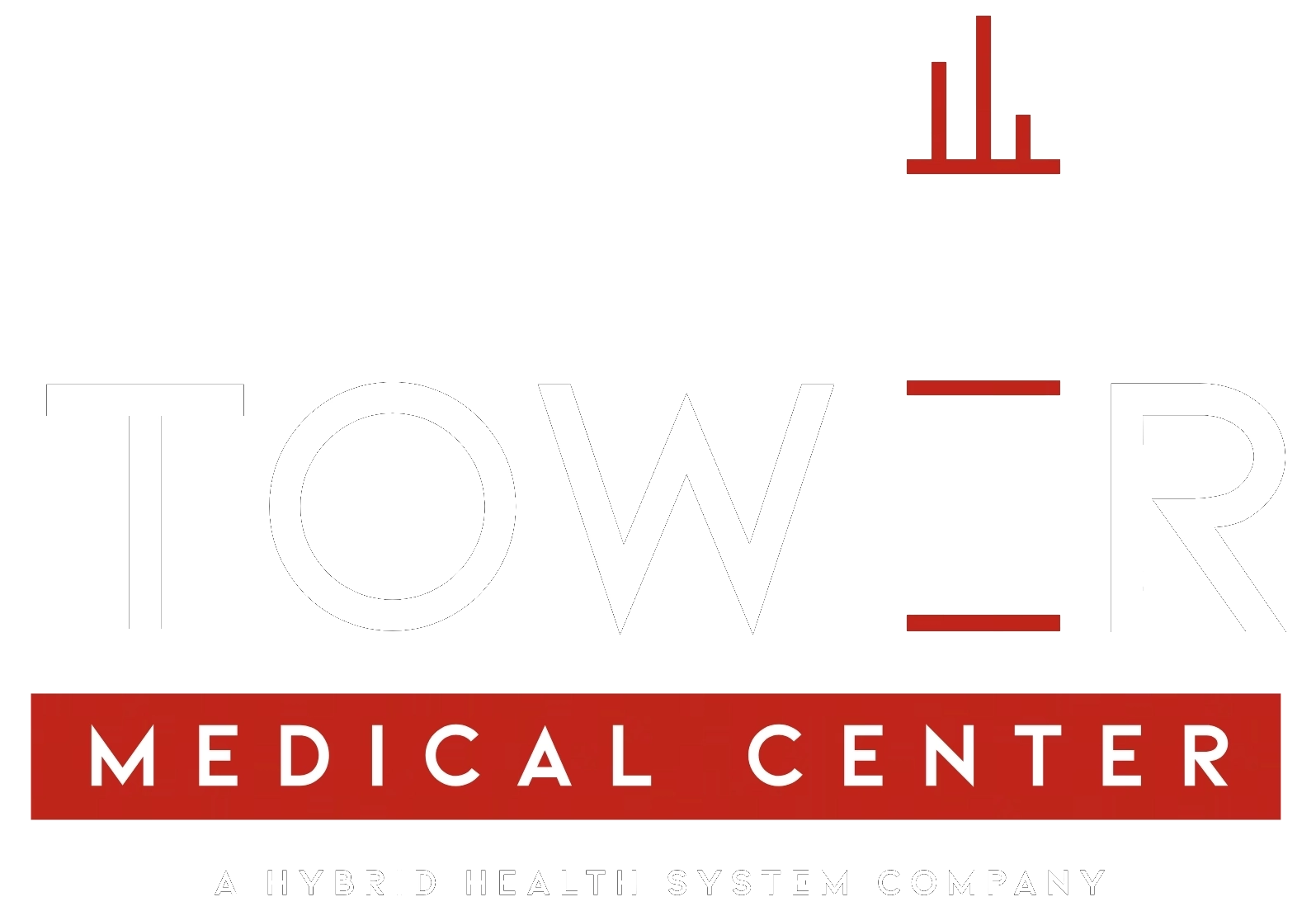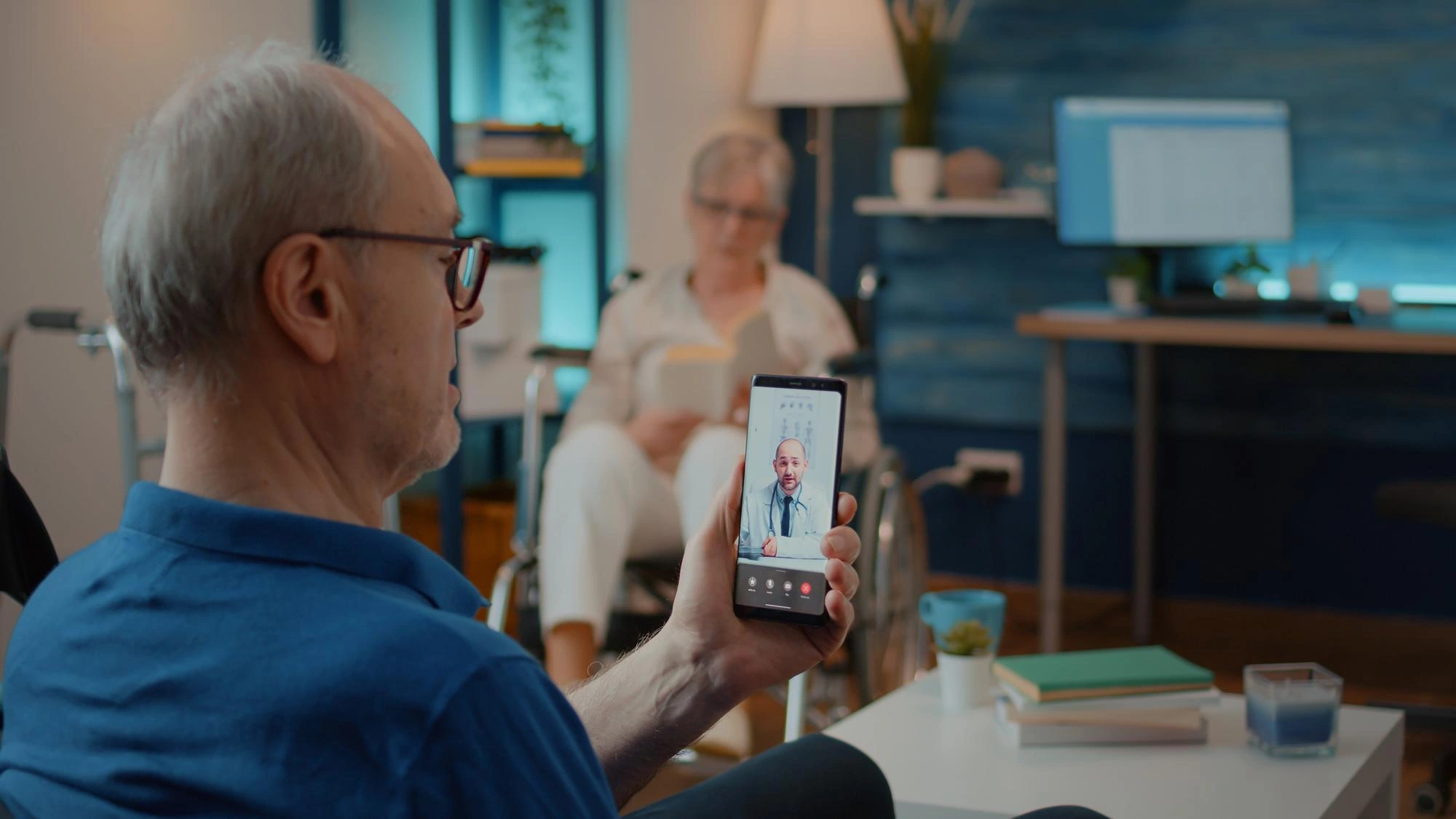Telemedicine is a model where healthcare providers deliver healthcare services to their patients remotely through the Internet and telephone without an in-person visit. According to National Health Interview Survey data, 37% of adults used telemedicine in the past 12 months.
Telemedicine’s popularity has grown exponentially in recent years. Unlike a physical visit, with telemedicine, you don’t have to drive to a doctor’s office, find parking, or sit in a waiting room when sick.
You can see the doctor in the comfort of your home or office. Virtual visits are also easier to fit into your busy schedule. If you’ve got a weekly clinic with your doctor, telemedicine is a convenient way to attend the appointment without missing it.
If you’re looking for a health partner who offers telemedicine, consider visiting a trusted urgent care center in the Nederland & Bridge City TX.
What is Telemedicine?
Telemedicine is a general term that explains how a doctor uses technology to communicate with a patient without being in the same room. Doctors administer health services through phone calls, video chats, emails, and social media messaging.
In other corners, telemedicine is called telehealth, digital medicine, e-health, or m-health.
With telemedicine, you can talk in real-time with your healthcare provider about your symptoms, recovery, medication side effects, and many more. For instance, you can use a video chat to get a diagnosis and learn about your treatment options.
It is also possible to get your prescription electronically. If necessary, a physician can remotely monitor your vitals to keep an eye on your condition.
There are three common types of telemedicine:
- Interactive Medicine: It is often called ‘’live medicine,’’ where a patient interacts with a healthcare provider in real-time.
- Remote Monitoring: Remote monitoring suits patients with long-term ailments like diabetes, cancer, lung diseases, and asthma. A patient collects data points like blood pressure or blood sugar and shares it with a health provider.
- Store and Forward: The patient feeds specific information into a health system, which is reviewed later, not in real-time.
How Does Telemedicine Work
Many healthcare providers offer telemedicine in two ways as follows:
- Virtual Appointments: A healthcare provider can allow you to make an appointment via phone or video. A video call is often suitable for mental health and other conditions requiring a visual assessment.
- A Patient Portal: A few health care centers have patient portals that allocate you a username and password. The portal gives patients the right to send or receive emails to the doctor or nurse to ask for prescription refills and set up appointments. The doctor can also share lab or imaging test results and explain their meaning.
How to Prepare for a Telemedicine Appointment
Try the Technology in Advance
If it is your first time, do a trial run on the technology to ensure you understand it. Make sure it runs without an issue. If need be, download the software, program, or app required to run the system.
Stay Prepared
Whether it’s a phone or video call, write down the symptoms, current medication, and any questions you’d like to ask the doctor to get the best out of your appointment.
Test Your Internet Connection
If you are holding the meeting over a video call, ensure you have a strong internet connection. Prior preparation will minimize technical hitches like a frozen screen or a slow internet connection that can ruin your appointment.
A phone call is also a good backup option.
Be Prepared for Anything
Some telemedicine appointments end with an urgent care center visit. Although it may be frustrating, be prepared because it’ll help you feel better.
What Happens During a Telemedicine Appointment?
The health provider asks about your symptoms and medical history during the appointment. The doctor uses the patient’s information to diagnose the problem and decide the best course of treatment.
If the doctor is concerned about the visible findings, they may request the patient to send a photo of the affected area without any physical identifier. Once the doctor receives a clear image, they can work out a diagnosis and decide whether or not the condition can be treated remotely or requires an office visit.
The Benefits of Telemedicine
Enhanced healthcare access is one of the driving forces behind the growing popularity of telemedicine. Whether you have a busy schedule or live in the countryside, telemedicine can enhance your mental, physical, and overall well-being.
Telemedicine also reduces the cost of medical care. As more people access telemedicine, they enjoy better healthcare. Frequent interaction with healthcare providers minimizes the need for expensive emergency care.
More importantly, the growth of telemedicine has encouraged many insurance providers to cater for the service. However, it is best to check with your insurance provider before using telemedicine to understand your financial obligation.
Although telemedicine has many advantages, it is unsuitable for conditions requiring immediate attention or hands-on care. Telemedicine is inappropriate for emergencies like heart attacks, breathing difficulties, broken bones, or strokes.
Telemedicine is also limited in what it can accomplish. Without the doctor’s ability to touch or feel a patient, it is sometimes challenging to determine the actual issue.
Who Should Try Telemedicine?
If a doctor offers you the option, you only need reliable internet, a smartphone or a computer.
It is a convenient tool for everyone, but especially helpful if:
- You have limited time, movement, or transportation
- Need medical care when you’ve traveled away from home
- Need consultation on how to use a particular medication
Take Care of Your Health With Tower Medical Center Telemedicine
If your week is fully occupied, finding time for a doctor’s appointment is challenging. Missing clinic days could worsen your symptoms or delay your recovery. Fortunately, you can use telemedicine to contact a doctor for continuous monitoring.
That said, consider partnering with an urgent care center that provides telemedicine services to enhance your treatment options.
At Tower Medical Center, we proudly offer premier health services to our patients via telephone or video chat.
Contact us online or call us at 409-724-2321 to book an appointment.

